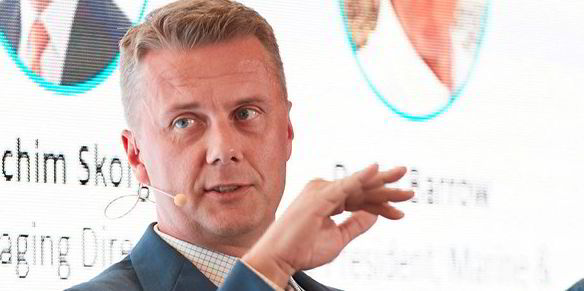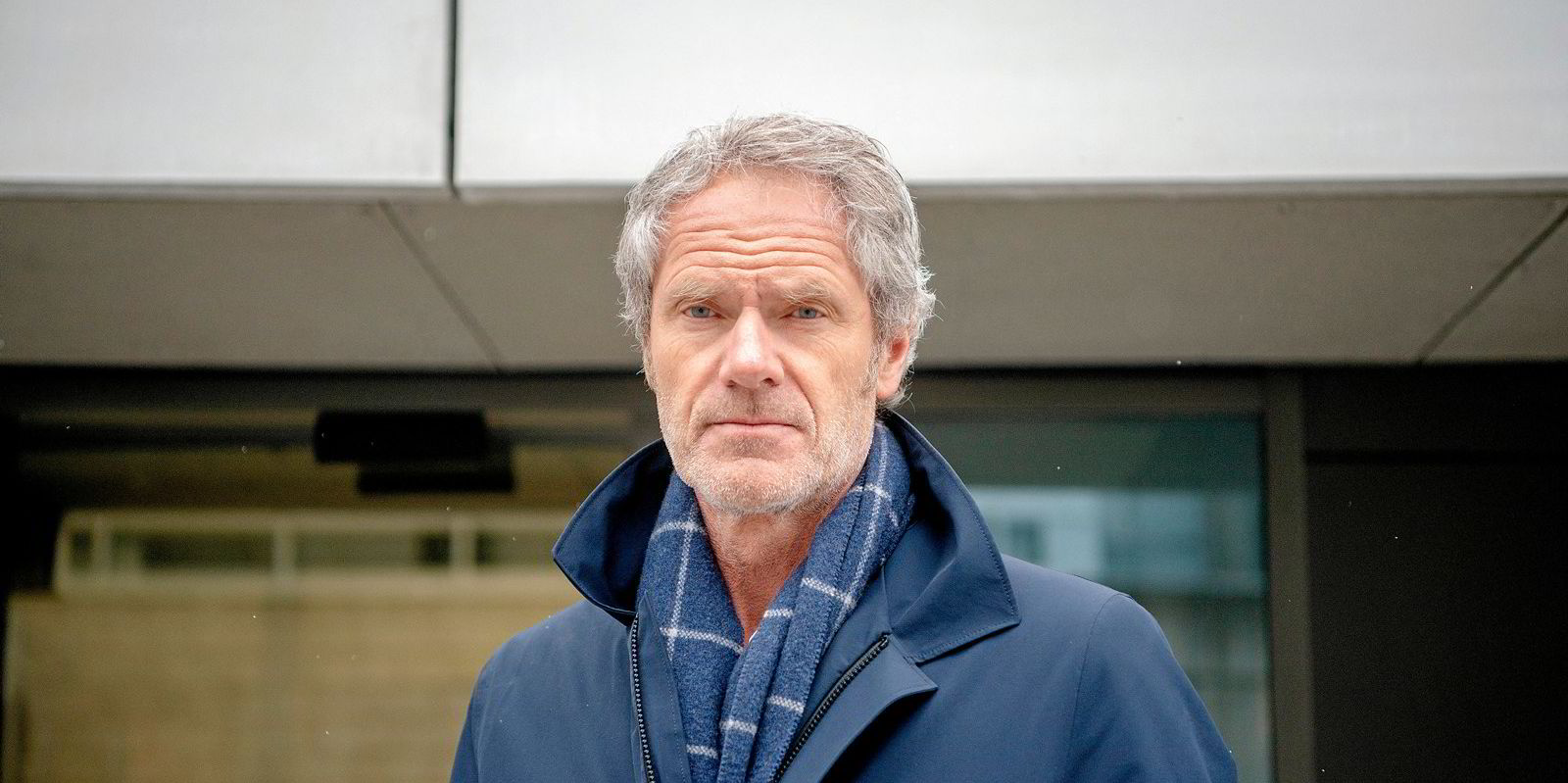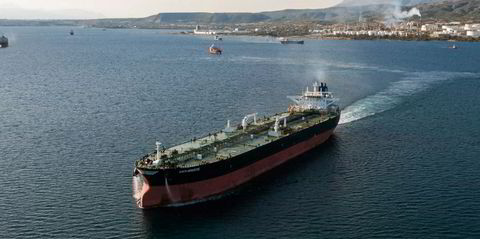Singapore VLGC owner BW LPG is forecasting a switch from LNG to LPG as the world seeks to meet its energy needs more cheaply.
Niels Rigault, the Oslo-listed company’s commercial executive vice president, told a conference call that it is still early days, but the signs are positive.
“The winter hasn’t really started … for instance in Europe, but it’s clear that people will tend to go for the cheaper energy and we have also seen announcements on the petrochemical side that people are looking at different alternatives and for instance, using LPG as a fuel,” he said.
Pontus Berg, executive vice president for technical and operations, believes the LPG market is still not well understood by all market players.
The company is starting to see more and more inquiries and interest as a result, he added.
“And of course, I think when the winter starts hitting, I think that the search will really, really step up,” Berg said.
“We are already seeing industrial players stating they can replace quite a bit of their LNG with LPG. And we think that’s something that will continue.”
Rigault said LPG is currently six times cheaper than natural gas. “So, obviously, if Europe and Asia get the kind of a cold winter, it’s quite easy to substitute that to use LPG,” he said.
The petrochemicals industry is already using as much LPG as naphtha for its cracking needs, he added.
Exports will be boosted because “a lot of the midstream companies” have signalled in their earnings releases they will increase their fractionation - or separation - capacity to produce more LPG.
Spare capacity
He sees this as “very positive” for BW LPG.
“So, when it comes to the export terminals of the US, they still have capacity to increase exports. And the same thing will come from the Middle East,” the commercial chief said.
The lower cost of LPG as a fuel has already helped the company to a better second-quarter profit as it started to see the benefits of retrofitting ships to run on the gas.
Net earnings hit $38.6m, up from $23.1m a year ago.
The period was the first quarter when all 15 LPG-powered vessels were on the water serving customers, BW LPG said.
About 10,000 tonnes of LPG was used, meaning $5m in savings from fuel price differentials and a cut of more than 15% reduction in carbon emissions compared to compliant fuels, it added.





